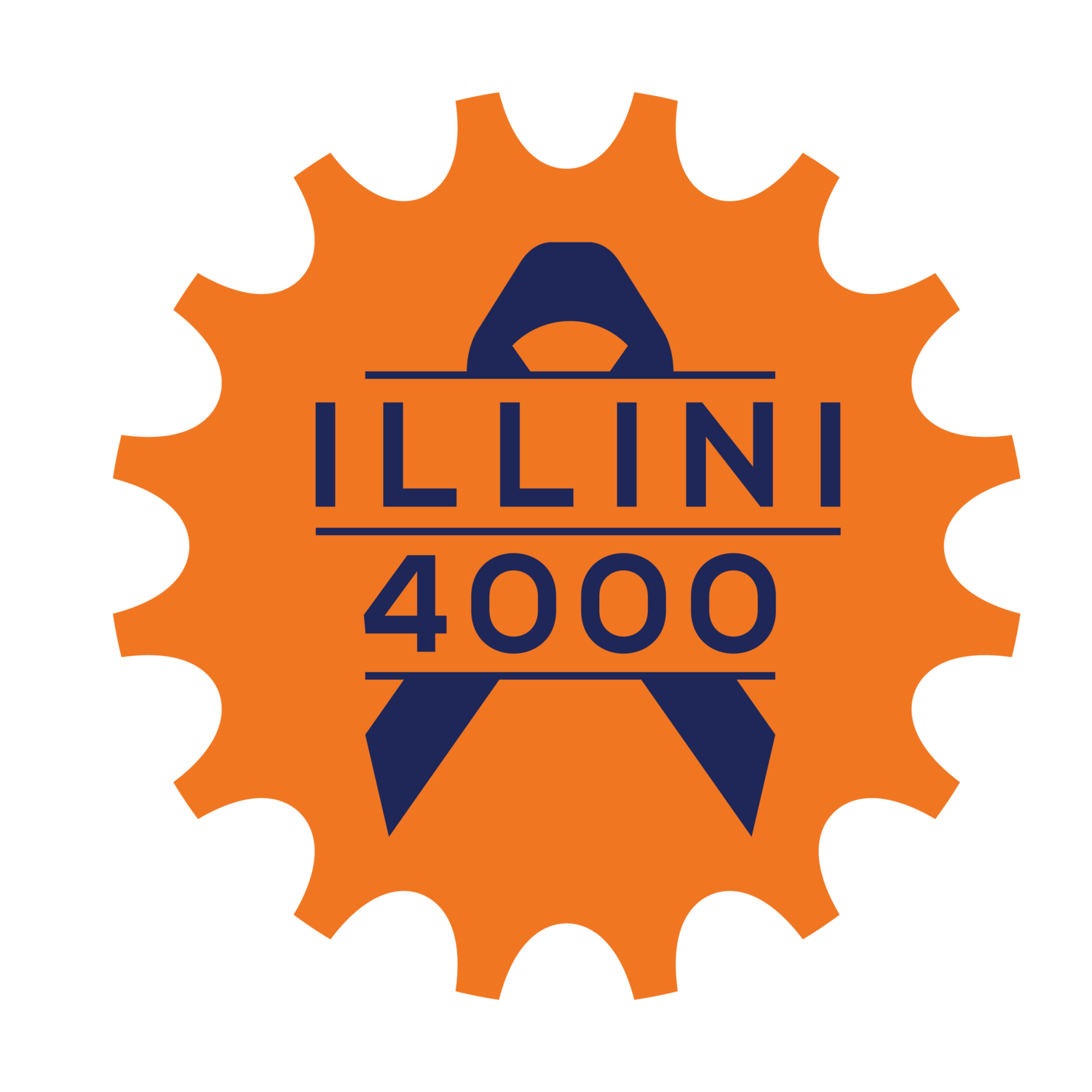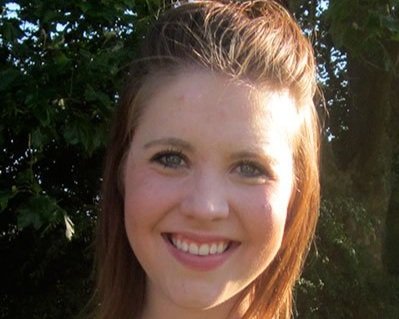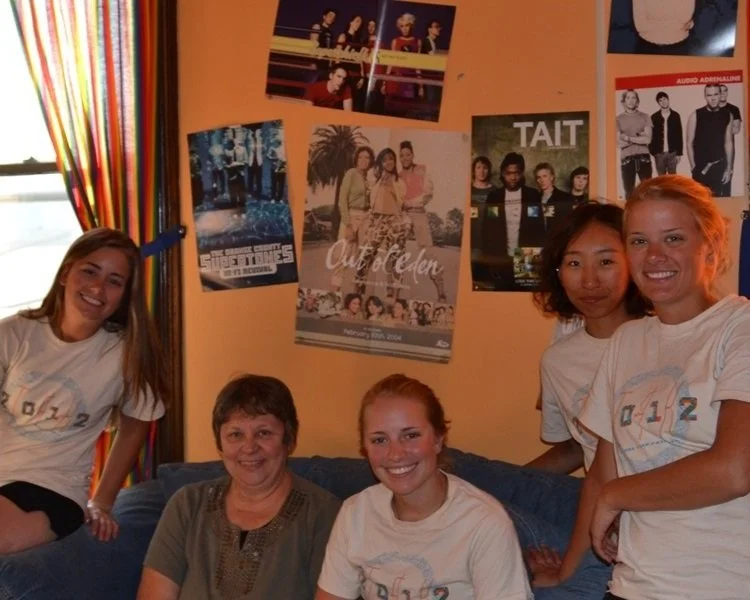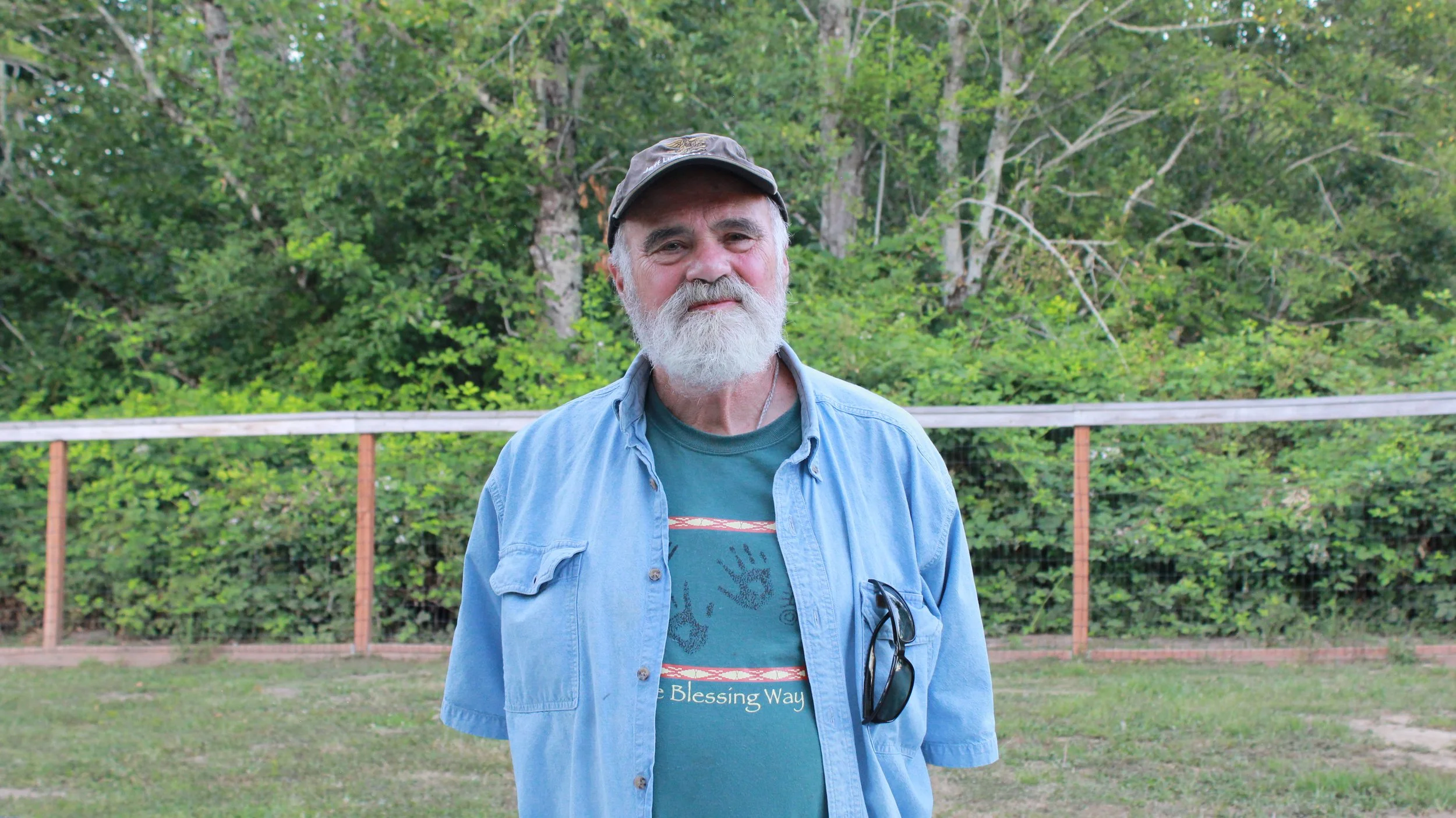“You’re changed. The thing is, when you’re told you have cancer, you don’t have any choice in the matter. You have to accept it. You can’t say, “Nah, I don’t think I want cancer.” You’re told you have it and you just have to accept it and you have to start moving. Things that were important to me before diagnosis, I don’t even really care about them. In the overall scheme of things it’s not that big of a deal. It helps you to re-prioritize your life.”
Michelle White Eagle
“When working with cancer patients at the medical clinic, you’re definitely forming relationships with them. You see them all the time, so you can start to interact with them on a much deeper level. You’re sharing something very personal with them and I consider that an opportunity to be encouraging and to help spread cheer because what they are doing is hard. My job is to be the best friend to them that I can be.”
Marissa Huddleston
“I don’t want to say [cancer] was a good thing, but honestly I think cancer was the best thing that happened to me in my life. Now I have so many dreams and they’re so much bigger than [the dreams] I had before. I’d like to do a lot of things. I want to travel, and I want to write a book and I want to run another marathon. I have a bucket list, I want to fulfill it. I think that when you beat something like cancer, then it propels you forward and it makes you think that you can do anything… I’m just grateful for everything and for everyday… I think it’s changed me a lot, but that’s just a little glimmer.”
Leon Hale
“I went through that, and it was painful. I ended up wearing a colostomy pouch, and they said that it was bad enough to wear, that they can’t turn around and get rid of it, so I have to wear it the rest of my life. At that time, I felt bad for myself that this happened. It was a change in my life, to feel strange of what I have to go through. I felt so bad that I wanted to leave this world. It wasn’t too long, a year and a half or so after that, I had to have open heart surgery, where I ended up having to have open heart surgery, which made it even worse. I was feeling so bad, that I didn’t want to be here anymore. I felt like this isn’t… it’s time for me to leave. I was praying in that way. That’s when I asked the lord, and said, “I’m ready.””
Jessica Drake
“I grew up knowing I wanted to make money, and that was it. So I went to school to be an accountant, and I was like I don’t really care, I just want to move out, make some money. But after my Dad got diagnosed with cancer, it really made me think about my values, and my big value is family now. I changed my major, I want to be a grief counselor, to help cancer patients. That’s how it’s really affected my life. I’m going from a six figure job, to maybe only like 50,000 a year, but it makes me happy knowing I can help people like my father, and other people who don’t have that support system. Cancer’s affected me by giving me a positive outlook to help the community.”
Tracy Huddleston
“There was so much good that came from cancer. We would sit around the table at night after Marissa was diagnosed with cancer and talked about the good things that happened in our life because of cancer. Like the people that were amazing or the way that we saw generosity, just overflowing towards our family. It was amazing to see that generated towards you. People that you didn't know, did know forever, or people that were poor giving you their last amount of money because they thought that you might need it. It was just an amazing, incredible adventure.”
Glen S. Robertson
“I was forced to grow up earlier than I normally would have. When you were confronted with situation like that, it made you look at the situation from an adult prospective, rather than that of 12 year old boy. I did the only thing I could, which was to be there for my mom. You do gain a stronger appreciation for life, what it means to have a family when one of your family members got something like that. Be there for them and be there as much as you can. It would be really easy to deny that it is happening, to ignore the situation. But you can’t, the person suffering is going to need you. Even if you are young, you can still help and you can make it easier for the person going through it, and they are going to need you to do that.”
Dorothy Callison
“Fight, don’t let it get you. Fight. I had grandchildren born the whole 10 years, I had something to fight for, I had new babies, my daughter’s got seven kids and the only reason she has 7 is because she had them all during the whole 10 years, she was pregnant the whole time pretty much. Fight. Don’t just let it go. Even though I am where I am, I’m alive. And I have done a lot in the last 13 years that have helped other people. Some people just figure they have cancer and that’s it. Fight. Don’t let it get ya’. They’re curing an awful lot of it these days.”
Debbie Richardson
“At one point I did think, why me? What did I do? But it’s nothing that you’ve done: it’s just something that happens. But I do think that your attitude, your outlook on things, has a tremendous effect on your recovery. I think it’s so easy to feel bad for yourself, but you have to look beyond that. But I really don’t think God is finished with me yet. I still think there are things He has in mind for me that He wants me to do. I don’t feel that my life is over… I’m happy to be getting older, which means I’m still here.”
Clayton Brown
“Through different support group situations, it’s amazing how, once you have cancer, you start meeting people that have cancer. After having cancer in the family, you become aware that we’re a community, and we need to support each other. We need community. Our American culture tells us that we can be an island to ourselves, we’re strong, we can survive, we can do it on our own. I don’t believe that’s the way God intended us to be, and I don’t think that is a true statement. I think the truth is, we are weak. We are frail. We do struggle. In these kinds of times, we need each other. Be with your friends, be with your family.”
Chris Schubert
“When she got down to 86 pounds, I really thought she was going to die. But she didn’t. She went from being paralyzed from the waist down and having to be wheelchair bound, and having to catheterize herself, to now she runs regularly, and she got married last September. To me, it’s a miracle. Like I said, when I was in medical school, everyone died from Ewing Sarcoma. Nobody survived. That was a resurrection for me of my faith, and now there are routinely people that survive from Ewing sarcoma. As a physician, I realized that a lot of things have changed.”
Charles Staben
“Be a little bit more optimistic than you think you need to be. Cancer is a terrible diagnosis. To hear that you have cancer is really quite disturbing. My wife personally told me that I had cancer. She’s a physiologist and had my tests rushed. At the time of my diagnosis, approximately two out of three men diagnosed under age 45 died within five years, so to hear from your wife that you have cancer and knowing that your statistical odds being a two out of three death rate over five years is quite disturbing, so I feel very fortunate to be here.”
Betty Schatz
“It’s taught me to take one day at a time and to lower my expectations. I shouldn’t expect people to treat me differently because I had cancer. It affects everybody. Even if you don’t have cancer yourself, you know people who have it or you know people whose family is going through this. You just take everything one day at a time. You don’t think about what’s going to happen in the future.”
Leanne Eagleman
“There’s a lot of things I think that the American Cancer Society is doing, and providing to people all over the nation, you know. And myself, going to Washington D.C., during the celebration on the hill, that event was to get our legislators in Washington DC to support all American Cancer Society’s efforts. We got their signatures, and I was happy about that. That was a goal that we met, getting their signatures, and their promise to help. I will do anything I can.”
Bryan Bailey
“Everybody hears the word “cancer” and they are immediately scared. They immediately think they are going to die. I didn’t have those feelings, but everyone around me had those feelings and those thoughts. I felt like I had to be the strong one and the one that had to hold everyone together during that time. We didn’t have any history of cancer in the family; I was the first member in my entire extended family to have any form of cancer. It brought my family together and raised awareness, especially through my family for testicular cancer.”
Amelia (& Daniel) Sims
Daniel: “One of the challenges in today’s world with being a child with cancer is that especially for the first month, they really just made you stay in your room. Randall Children’s Hospital did a huge remodeling a while ago—they put in game rooms, movie theaters, all kinds of stuff—and none of that could be used or utilized by any of the patients due to Covid protocols.”
Amelia: “It’s no fun going out to movie theaters anymore! No fun. I’d only ever have fun if the movie theaters were open.”
Charles Rollins
“When I first got the news it took the wind out of my sails but it makes you look inside and re-evaluate yourself and what you are looking to get out of life. They give me one year to live if I did nothing but I want more than one year. Now I’m looking at my life as a lifetime. I’m hoping to get another 20 at least.”
Maria Walton and Jim Bain
Jim: “I, like everyone, know friends and family, people that have been diagnosed. I felt I was particularly lucky because none of my family members had even been diagnosed, let alone had it, or died from it. I just felt like I can give back, pay it forward—and then whoops, it'll be me. I didn't realize it was going to be me who got diagnosed. Whether you guys personally have had cancer, we all need to help out the world. And this is one way to do it. I didn't choose to ride a million miles on my bike. But, I walk a bunch of laps and raise a bunch of money. “
Maria: “I was numb. I didn't even think about it that long when she told me about it, you know, and then I went through it right away because she said was very early, otherwise I would probably be worse if I didn't go through chemo. I'm cancer-free right now.”
Summary
Bo Cooke
“My first experience with cancer was with my grandfather. He was undiagnosed lung cancer that had metastasized to the brain and I got a phone call that he was going into emergency surgery craniotomy and this was in 1996. They opened him up realized the magnitude and how much the spread was closing back up and he never regained consciousness and I held his hand when he passed away and it was really incredibly moving to me that science couldn't find it. He was undiagnosed. He was a lifelong smoker and it was frustrating to me that nothing could be done.”
Bo Cooke's grandfather had undiagnosed lung cancer that spread to his brain and ultimately led to his death. Cooke, who was in high tech at the time, saw an ad for a job running a Gamma Knife Center in Spokane, Washington. The Gamma Knife is a non-invasive brain surgery center that uses gamma radiation to treat tumors in a single day. Cooke and his team have been able to successfully treat hundreds of patients with brain tumors with a tumor control rate of about 93%. Cooke has become an advocate for patients seeking this treatment, and he has successfully advocated for insurance companies to cover it. Cancer continues to touch Cooke's life on a regular basis, and he has seen an increase in the number of younger patients with metastatic disease. Spokane has become a hub for cancer care, with groundbreaking research and collaboration among medical professionals. Cooke's mother also had colon cancer and was successfully treated by a leading colorectal and oncological surgeon.
Diana Young
Philipsburg, MT
Ever since Diana’s older sister passed away from pancreatic cancer, she has been praying for people with cancer. She mentions one of her friends from the bridge club saying, “without us, she couldn’t be where she is”. She believes that having a community is an important part of battling cancer and that “People’s positive attitude means a difference”.





















